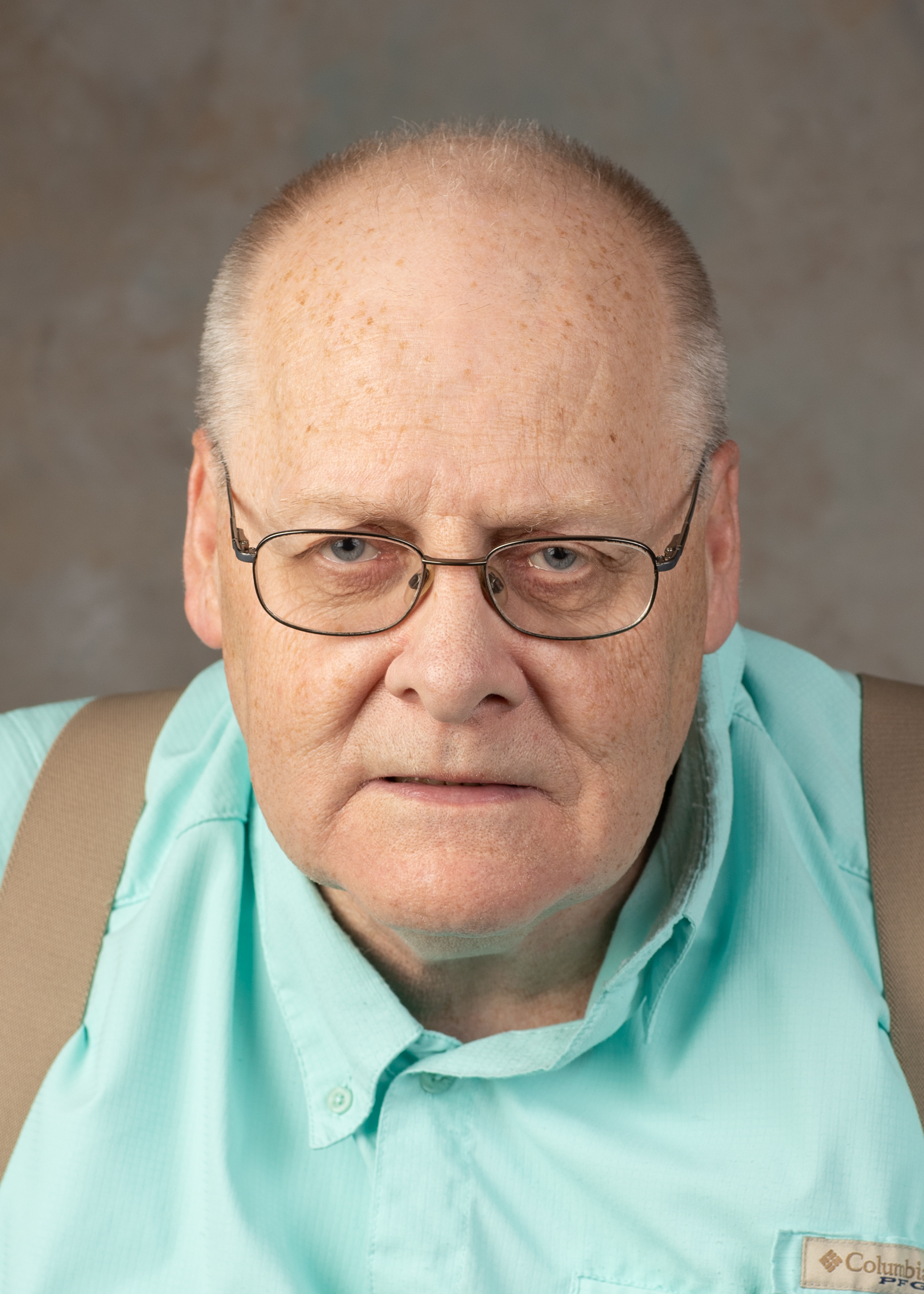By Greg Markley
On July 30, 1996, I went to the XXVI Summer Olympics in Atlanta, but not to watch great athletes compete. Nor was I there to enjoy the festival-like atmosphere. I was at Centennial Park, where four days earlier, a bomb killed two people and injured more than 100 others. I drove the 101 miles from Opelika for a more serious reason: To show that we as Americans will not be afraid when madmen or madwomen attack us.
This column will deal with “fake news” and study how we can pluck out from the web, broadcast media, and print items that appear to be false. I will discuss how to separate spurious and deceitful items from honest ones. For a spell, I will use the Richard Jewell case as an example of “fake news” or dishonest communications that can brutally hurt the subject and his or her family.
On July 30, 1996, readers all across town heard that Richard Jewell was said by the Atlanta Journal-Constitution to be a suspect in the bombing. Earlier, Jewell was considered a hero after locating the backpack that held the bomb. Jewell denied any role in the bombing and was cleared of wrongdoing 88 days later. In a recent film called Richard Jewell, the security guard’s lawyer tells him: “Your accusers are two of the most powerful forces in the world–The United States government and the media.”
In Jewell’s case, “fake news” elements included that he planted the bomb and went away from his assigned area to avoid the blast; that he and his best friend were gay and jointly did the bombing; and that since he had 7 or 8 rifles and guns he must be the bomber. When did owning a modest gun collection automatically mean someone is a danger to society? That’s silly.
None of those assertions was true. They came about because of a leaked comment by a FBI agent to an aggressive reporter. And the Bureau never acknowledged if they had other suspects. The killer, Eric Rudolph, was not on the FBI’s radar until another bombing occurred.
What happened to Jewell was a “media circus” that should not have happened.
As for “fake news,” Jonathan Bailey is a consultant for Plagiarism Today. He says “The good news is that, whether you’re researching a class paper or just scrolling through social media, spotting false news is fairly easy.” Bailey added, “All it takes is a bit of critical thinking and a willingness to do further research.” He has 5 tips I will write samples for based on where we are living.
It’s always necessary to check the source. Which one of these relates to us- – www.eng.auburn.edu/.ua https://www.eng.auburn.edu/
For a search for other sources, which of these below might pair well with a story that already has one source on the subject, which is Haley Center Catches On Fire; All Exams Cancelled Until Next Week (source: Associated Press).
- Choice #1: Opelika-Auburn News
- Choice #2: Huntsville Times
Next, to catch “fake news” if it’s there, investigate the article. - Story #A: Latest on Fire (Dec. 5, 2019)
- Story #B: Latest on Fire (Dec. 2, 2019).
Now, our guidance is visit fact checking sites. Two of these are legitimate, catch the one that is NOT a fact-checker. - No. #1: Politifact.com
- No. #2: Snopes.com
- Number #3: Scan Tron.com
Finally, When in doubt, stay away. Two of the three below are FAKE, try to discover which one is real. - A. WOW Cable Channel Reduces Monthly Fees by 50%.
- B. WOW Offers $74.99 Monthly TV Bundles.
- C.) WOW Adds $20 Fee For Football Season.
Please do not allow “fake news” to grow in Auburn-Opelika area. Remember, for a 3 to 5 page paper, you will not have many items to check. Better to start being careful with your source integrity now, than when you are graduate students.
In the film Richard Jewell, which I give an “A-,” he said to a friend that “tomorrow I am going to Atlanta and there will be a mess.” The FBI agents were curious, because Jewell said that before the bombing. Instead, Jewell told the agents he meant “Going to Atlanta’s Mess—the traffic in Atlanta!” That’s something most of us can relate to.
Greg Markley has lived in Lee County for18 of the last 23 years. An award-winning journalist, he has master’s degrees in education and history. He has taught as an adjunct in Georgia and Alabama.

